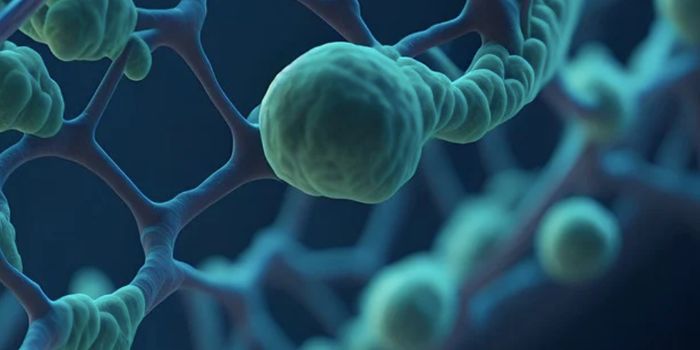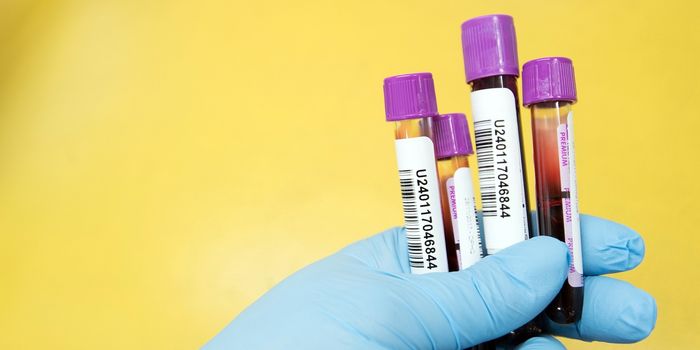No Sharks Necessary, New semi-synthetic compounds found to replace shark squalene in vaccine emulsions
A new paper in Nature Partner Journals: Vaccines sets the path for non-shark-based vaccines. Thanks to researchers at Amyris Inc., the common vaccine ingredient might be replaced for a variety of recently identified analogs.
Squalene is derived from shark liver oil. As a vaccine adjuvant, this unusual-sounding ingredient's role is to enhance the immune response of several current vaccines. For example, it's a key factor for influenza and COVID-19 vaccines and is currently an ingredient for tuberculosis and malaria vaccines under development. We've administered this shark component in hundreds of millions of human vaccines.
But after surviving 400 million years, humans have dealt a near-extinction-level punch to the cartilaginous fish. Sharks are critically overfished, with current populations suffering extreme declines for the last fifty years. Responsible immunologists have been working to ensure their life-saving medications don’t contribute to the decimation.
First author Karl J. Fisher and team members in Seattle designed and synthesized more than twenty analogs of squalene. Laboratory yeast cells received new programming to produce the chemical compound beta-farnesene. When made in plant oils, this component helps repel harmful insects. Here, the beta-farnesene was the source of new vaccine adjuvants.
What makes squalene such a potent adjuvant is currently unknown. We know that it’s fantastic at increasing the immune system’s uptake of the vaccine’s antigens. Squalene recruits and activates immune cells at the site of injection and at the regional, also called draining, lymph node. At these sites, a suitable adjuvant will elicit an inflammation response which encourages a robust adaptive immune response.
After evaluating the properties of these laboratory-synthesized vaccine adjuvants compared to shark squalene, the researchers identified compounds with similar or increased adjuvant abilities and “physicochemical stability.” Studying the analogue structures can tell us more about their immune-rousing properties. With continued research, these might prove promising alternatives to the seemingly anachronistic squalene.
Sources: Nature, American Chemical Society, NPJ ,WWF









